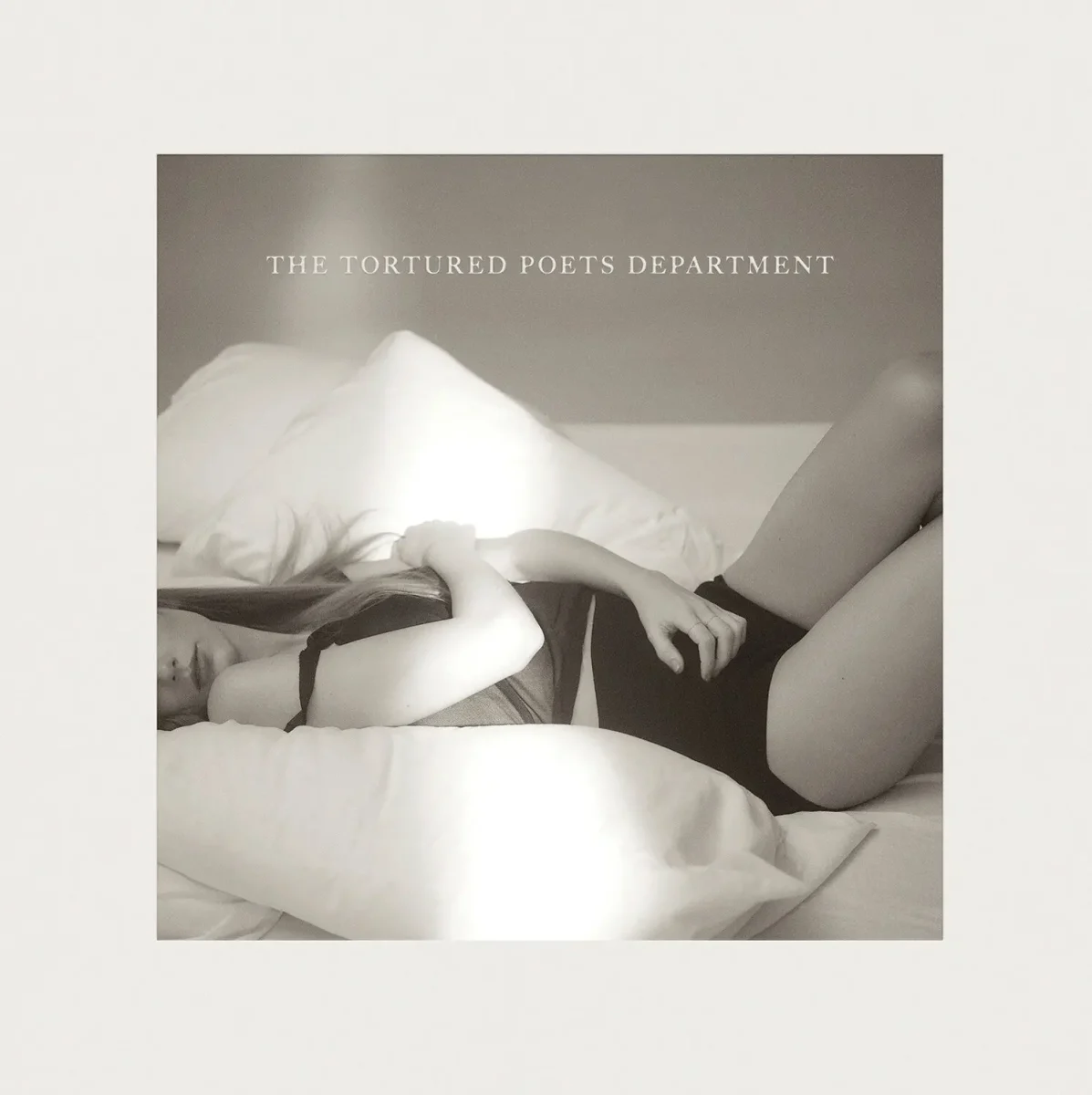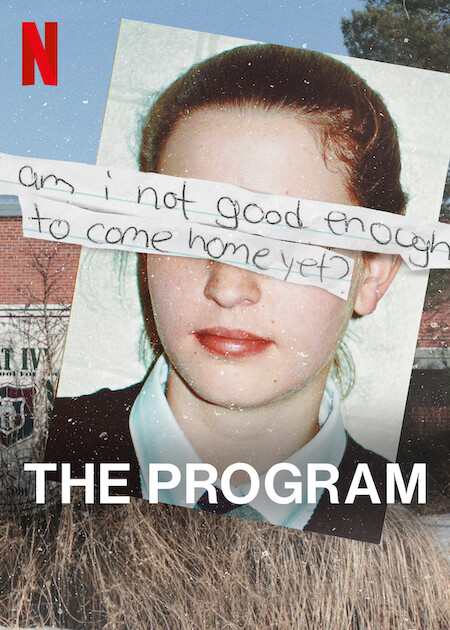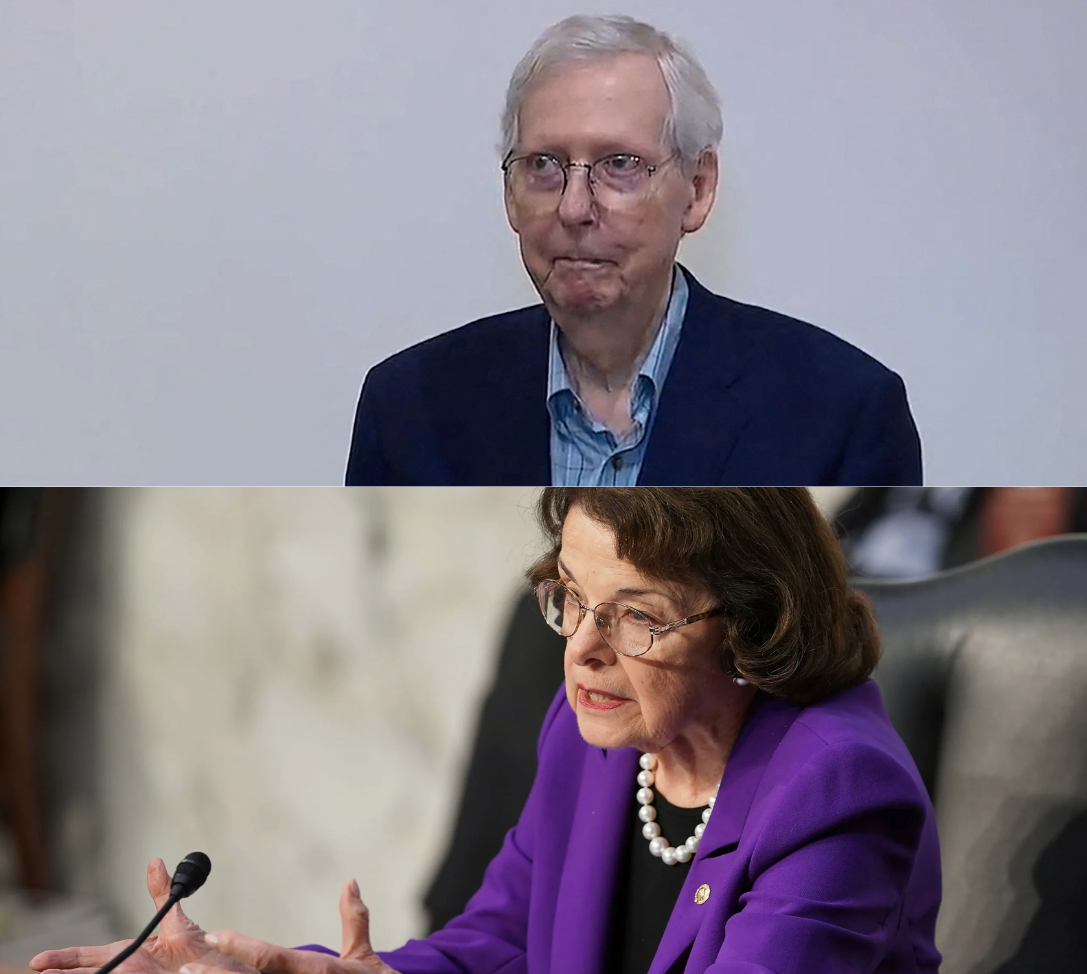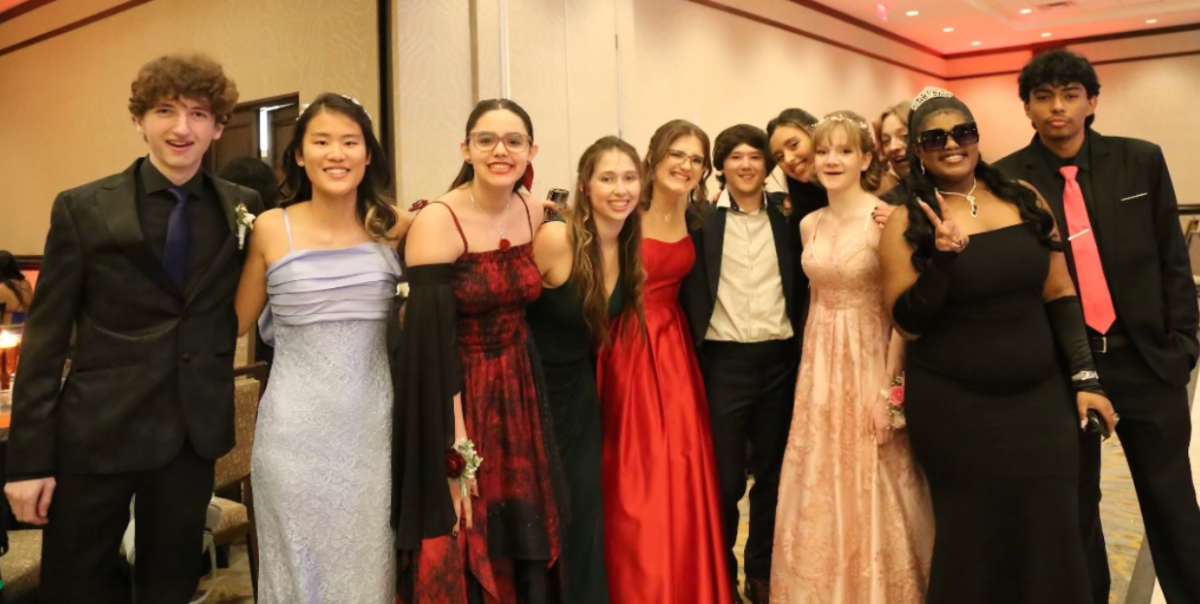WikiLeaks. It sounds evil.
Publishing around 92,000 classified government documents so far, the website’s founder, Julian Assange, shows no signs of slowing down.
The most recent documents, which have caused the most stir, are the Afghan War Diaries, which is a collection of raw data field reports and intelligence documents mainly from lower ranking troops and officials.
In a Pentagon Press Conference, Admiral Michael Mullen said, “I am appalled by this behavior, and, frankly, outraged that anyone in their right mind would think it valuable to make public even one sensitive report, let alone tens of thousands of them, about a war that is being waged.”
Even though the new batch of documents is not updated or breaking-news worthy, the idea of a website with the power and protections of the press is more than just worrisome—it is frightening.
WikiLeaks operates out of Sweden because of the country’s protection of “Whistle-Blowers.” It is clear Assange himself knows he started something extremely controversial and dangerous. Like a child, Assange knows he did something wrong and is peering out from behind a parent’s leg.
One question that WikiLeaks raises seems to be the most pressing. Who has the right to claim that information is a threat to security? This type of question was never debated as thoroughly as it is now thanks to WikiLeaks.
When confronted on the information some found as threatening, WikiLeaks simply said that they checked to make sure none of the material published would be dangerous to any party involved.
On the other hand, the Washington Post claims that at least one U.S. intelligence operative and about 100 Afghan informants (including villages and family members) are named in the leaked documents. If that were not enough to provide evidence against WikiLeaks’ argument, the Taliban is now claiming to scrutinize the documents further to seek out the Afghan informants. Without any doubt, lives are at risk.
Besides, who is Assange— an Australian— to decide what information is dangerous for Americans, the soldiers and the people in Afghanistan?
Mullen said, “I think individuals who are not involved in this kind of warfare and expose this kind of information can’t — from my perspective, can’t appreciate how this kind of information is routinely networked together inside the classified channels we use specifically.”
It is appalling to think that one person living on the other side of the world can disrupt the relationships an entire country has built up over the years. Granted, the relationship between the United States and Afghanistan has never been completely smooth, but the extraordinary progress must be recognized and not tampered with by outsiders such as Assange.
Mullen said, “Disagree with the war all you want, take issue with the policy, challenge me or our ground commanders on the decisions we make to accomplish the mission we’ve been given, but don’t put those who willingly go into harm’s way even further in harm’s way just to satisfy your need to make a point.”





